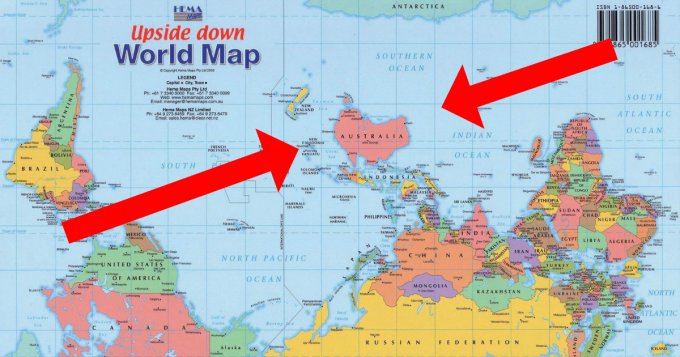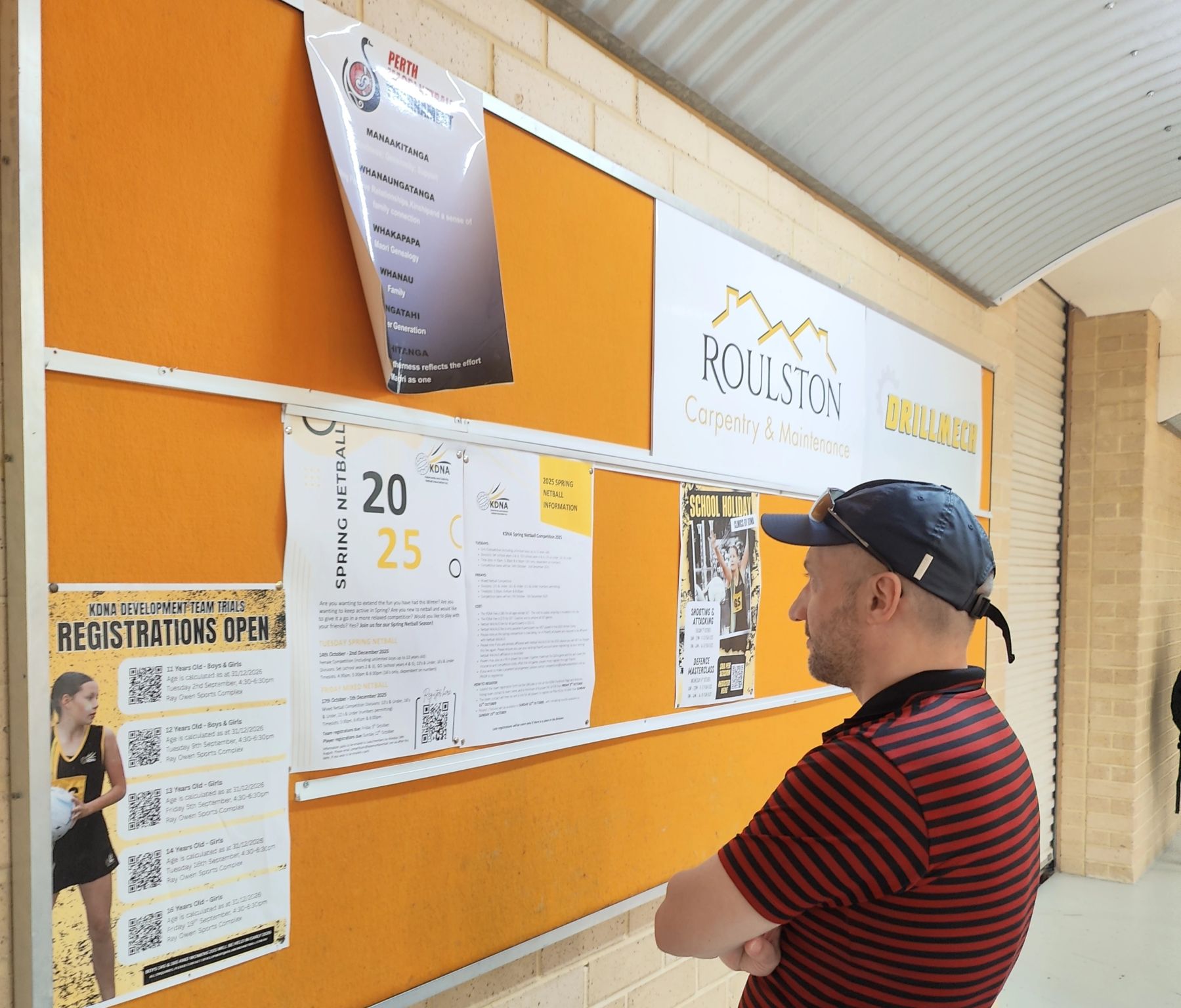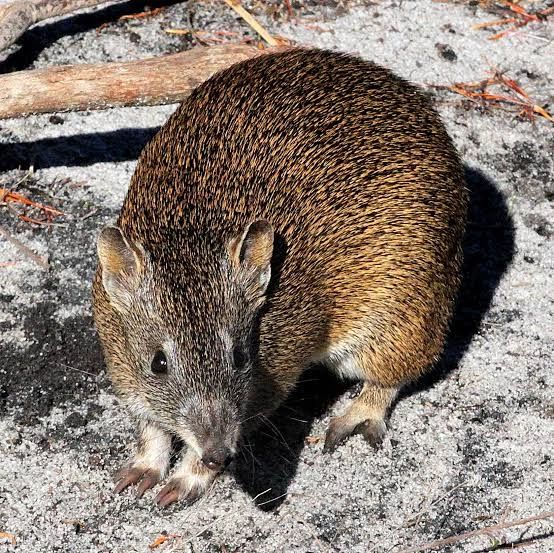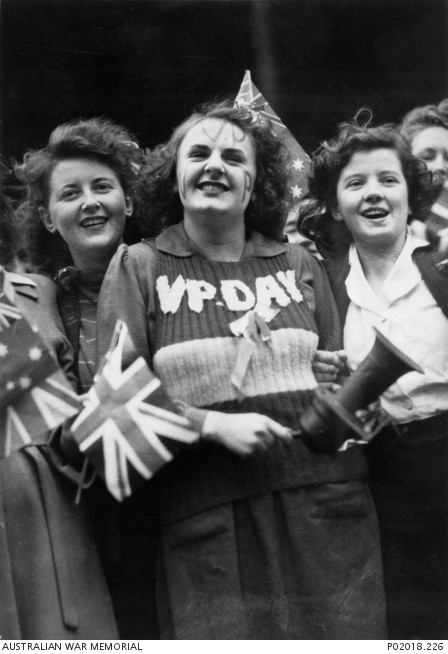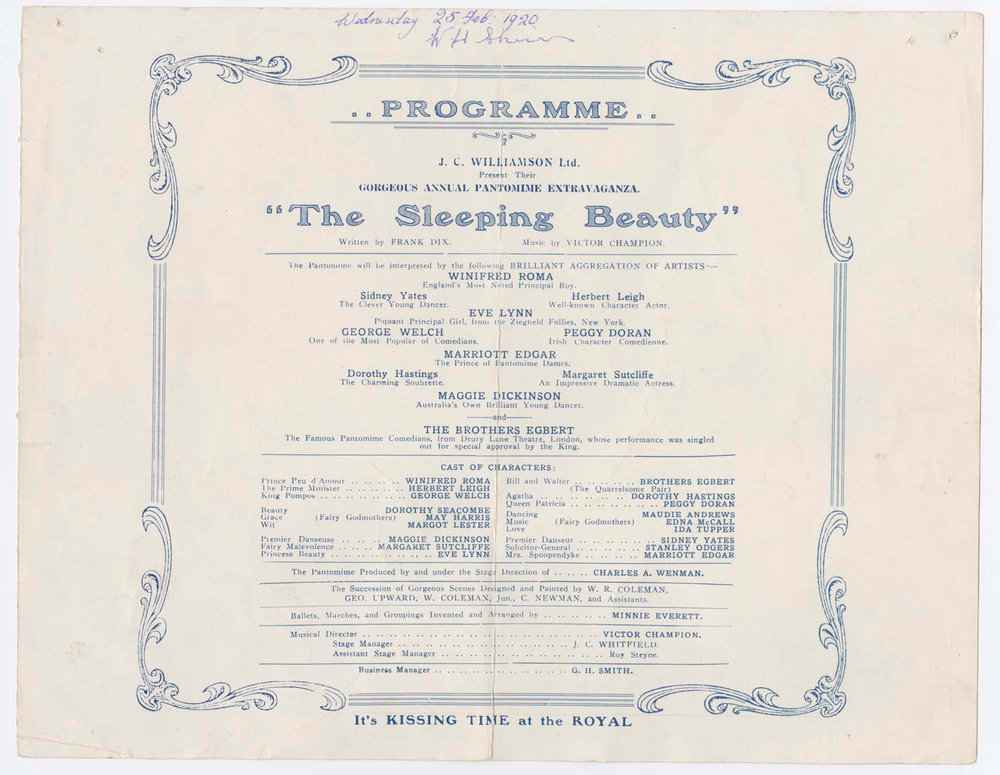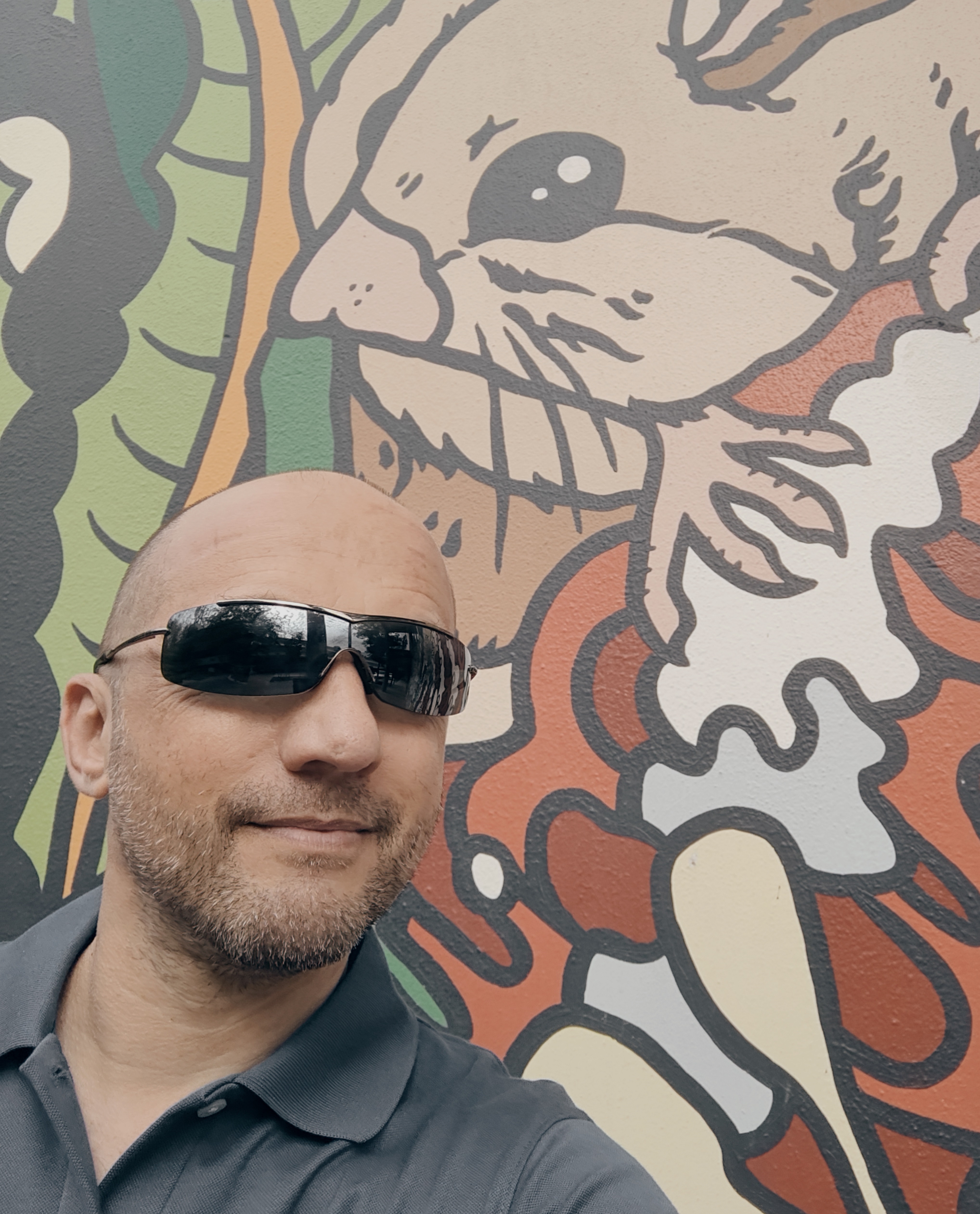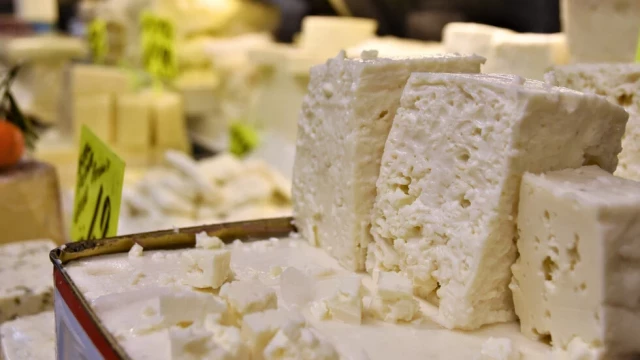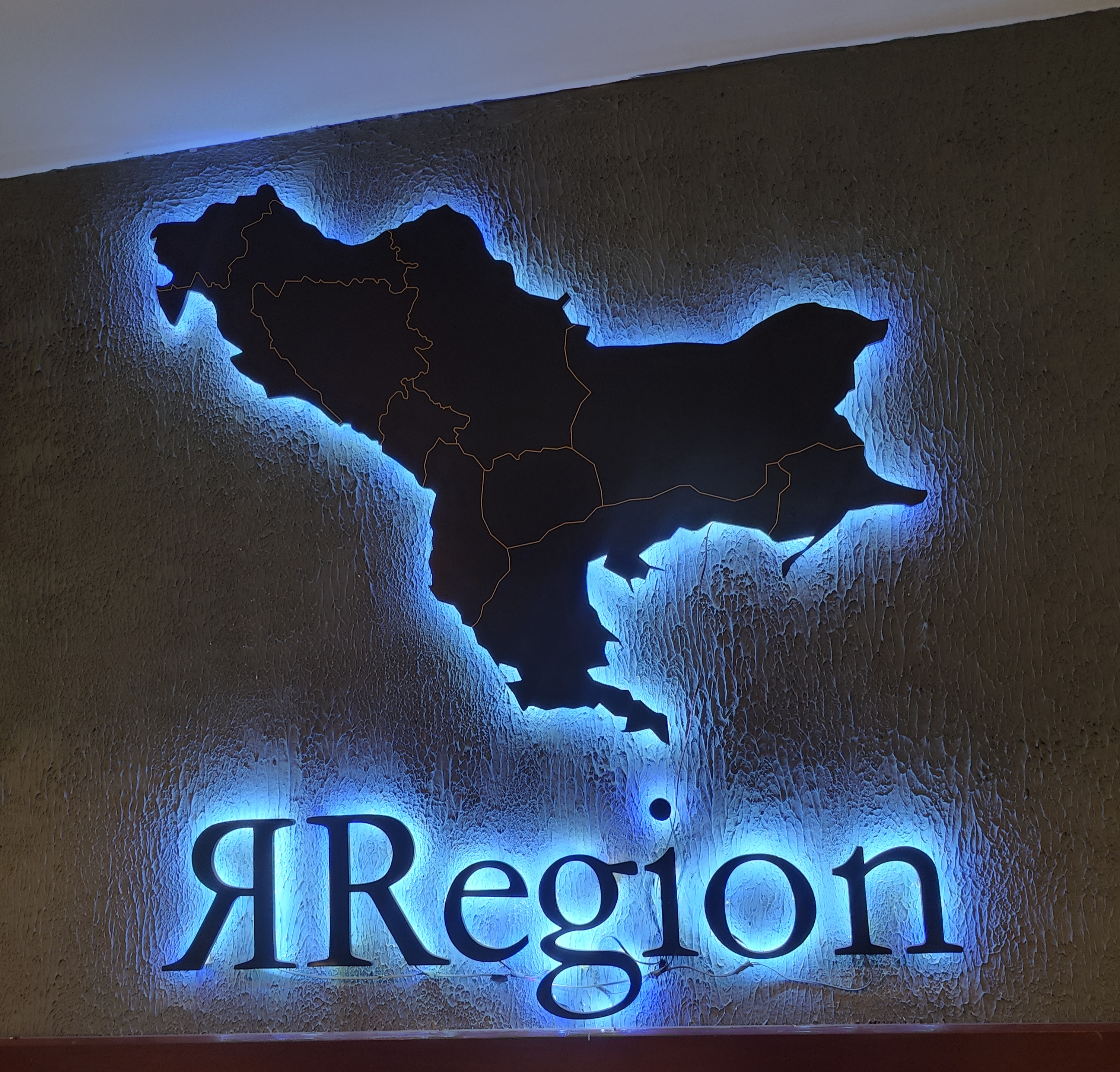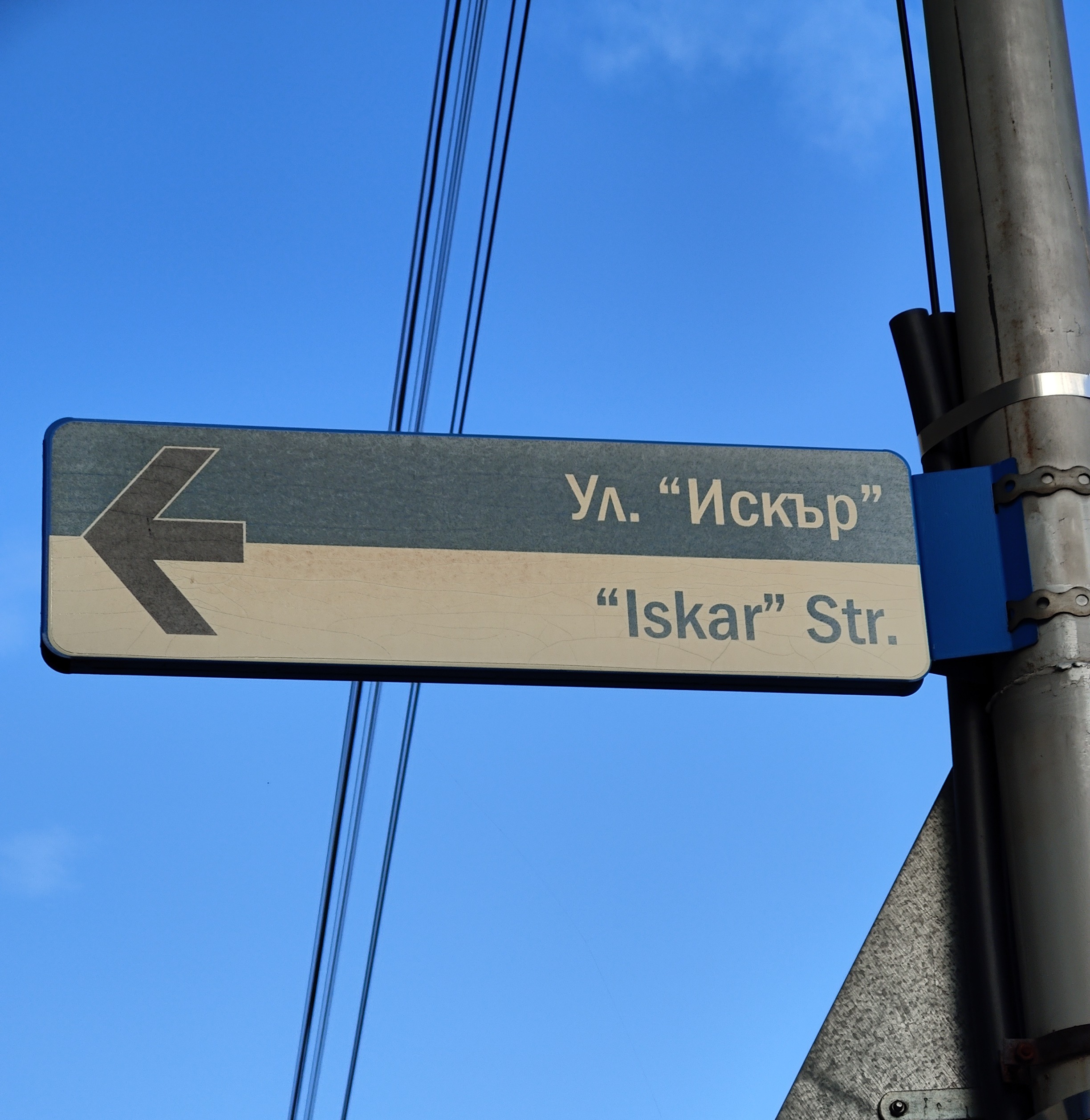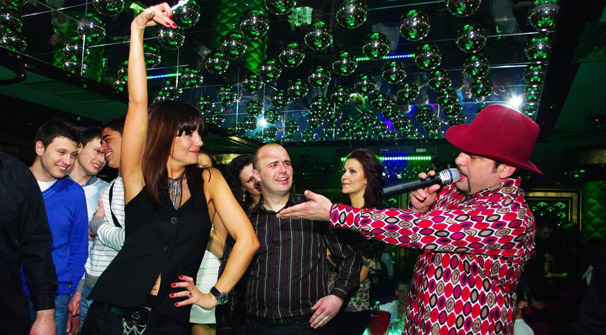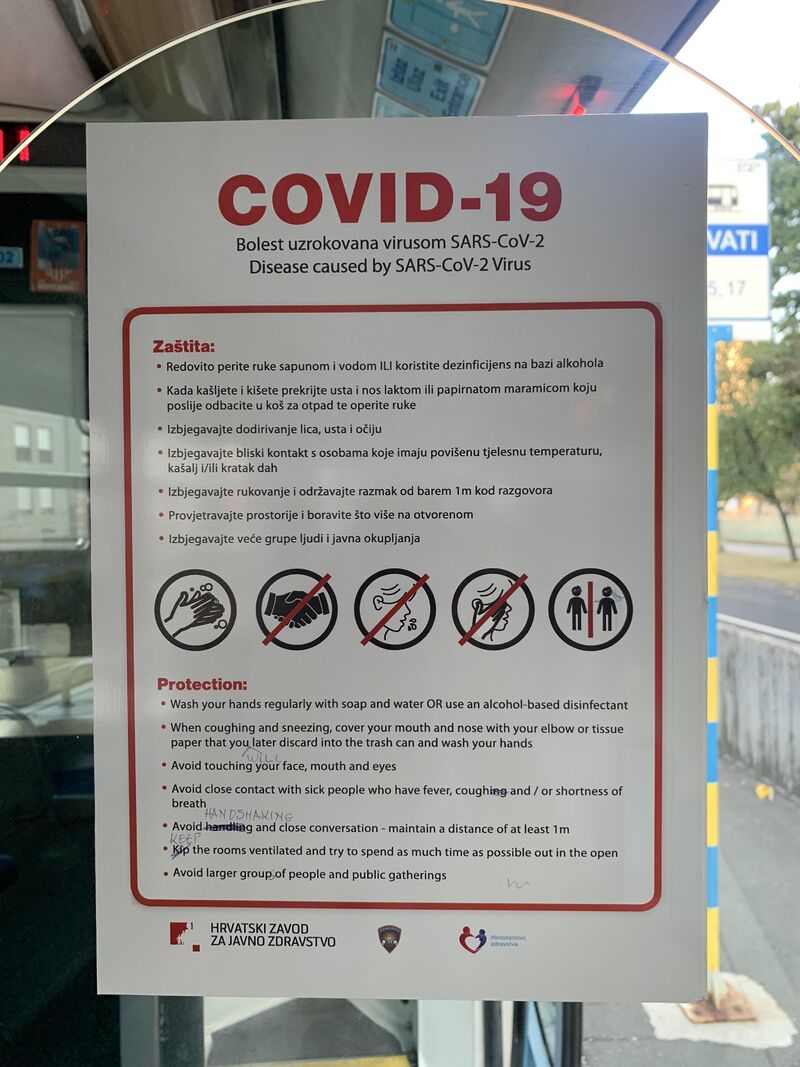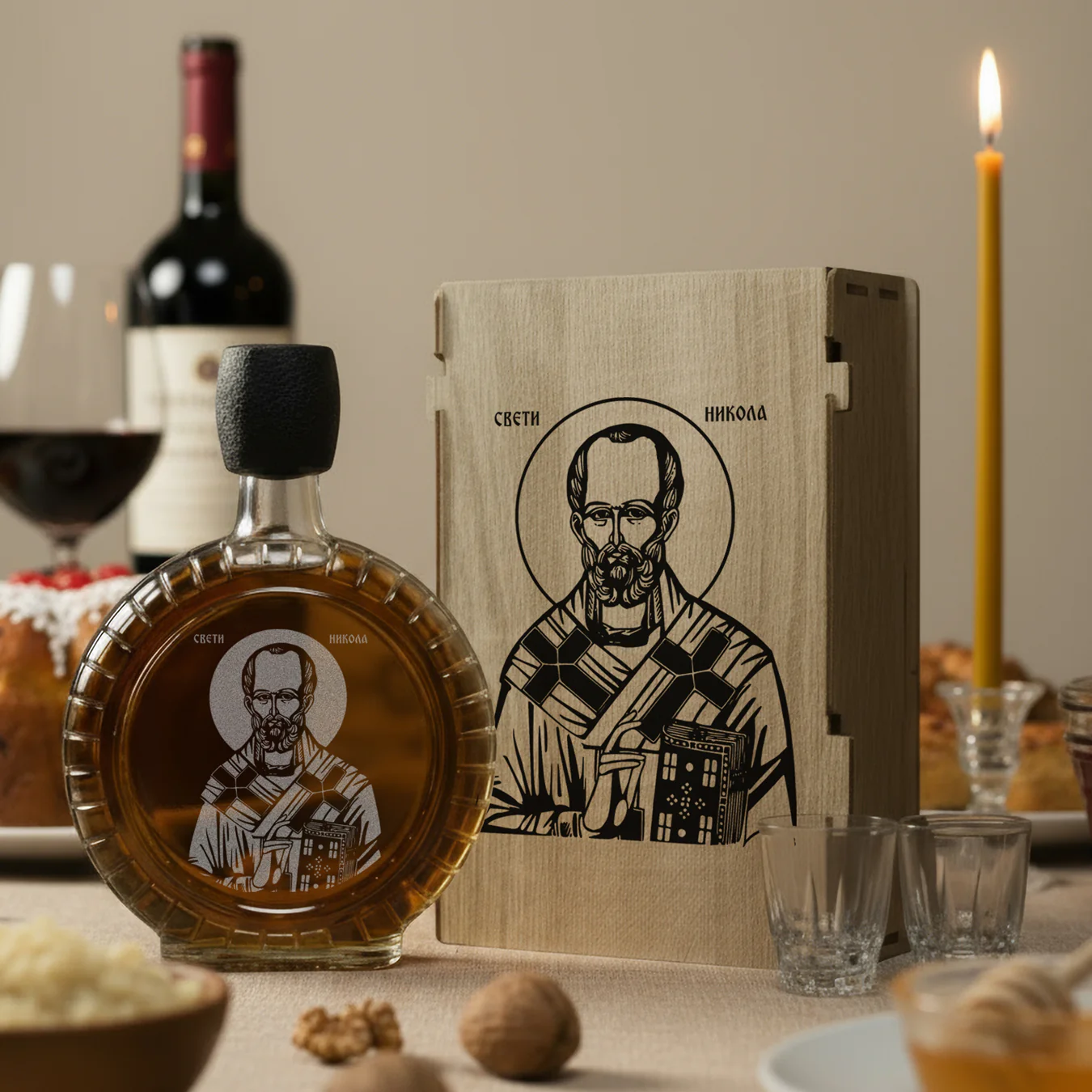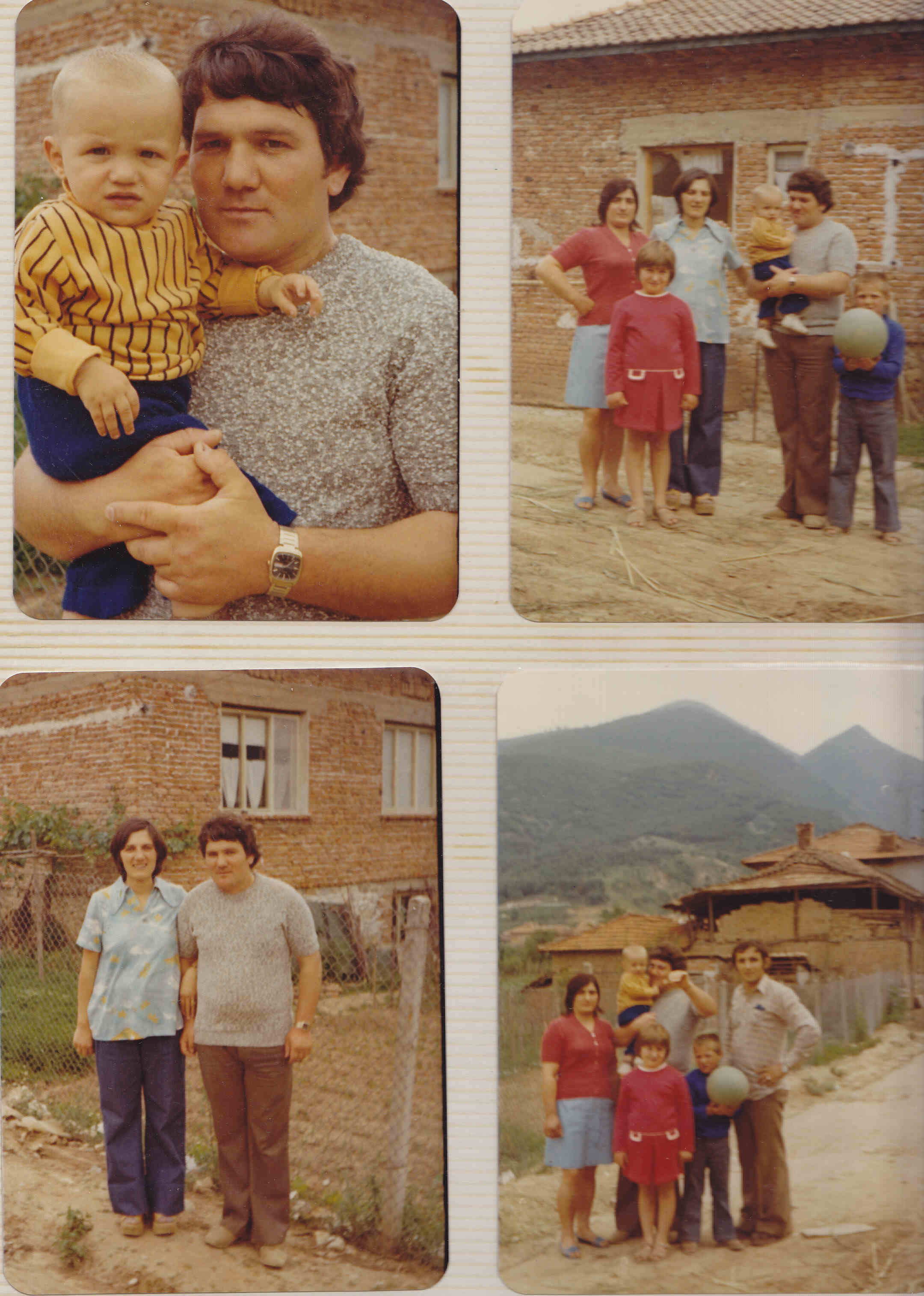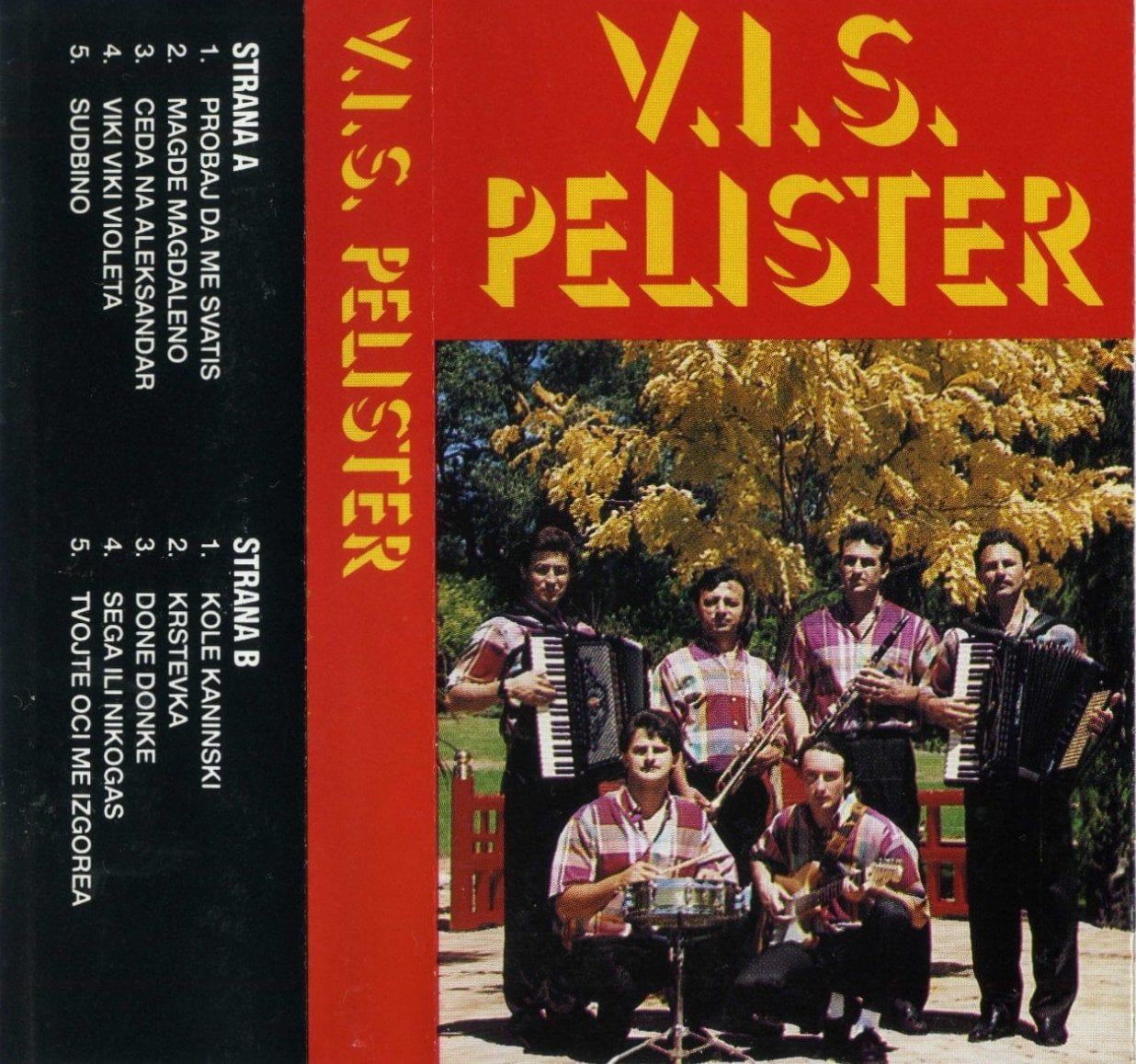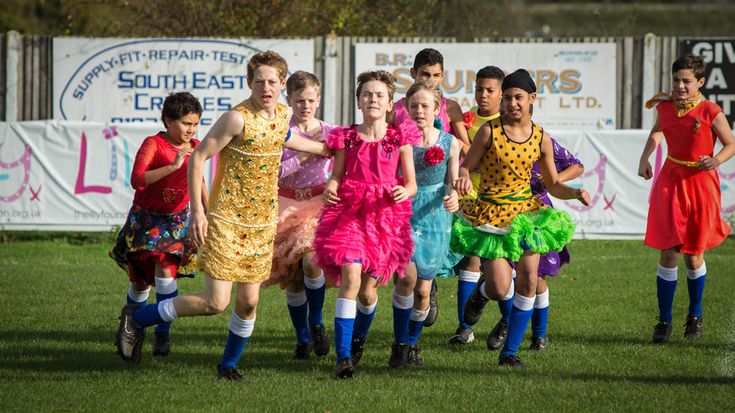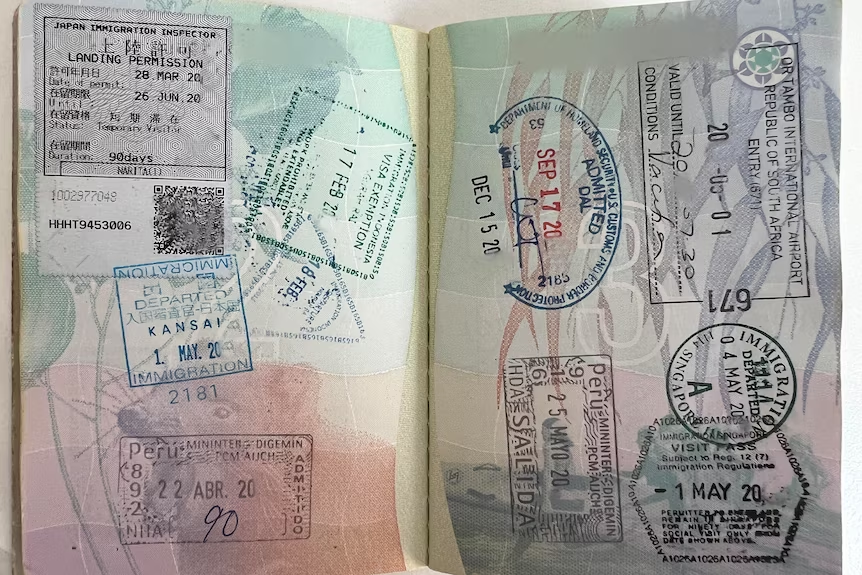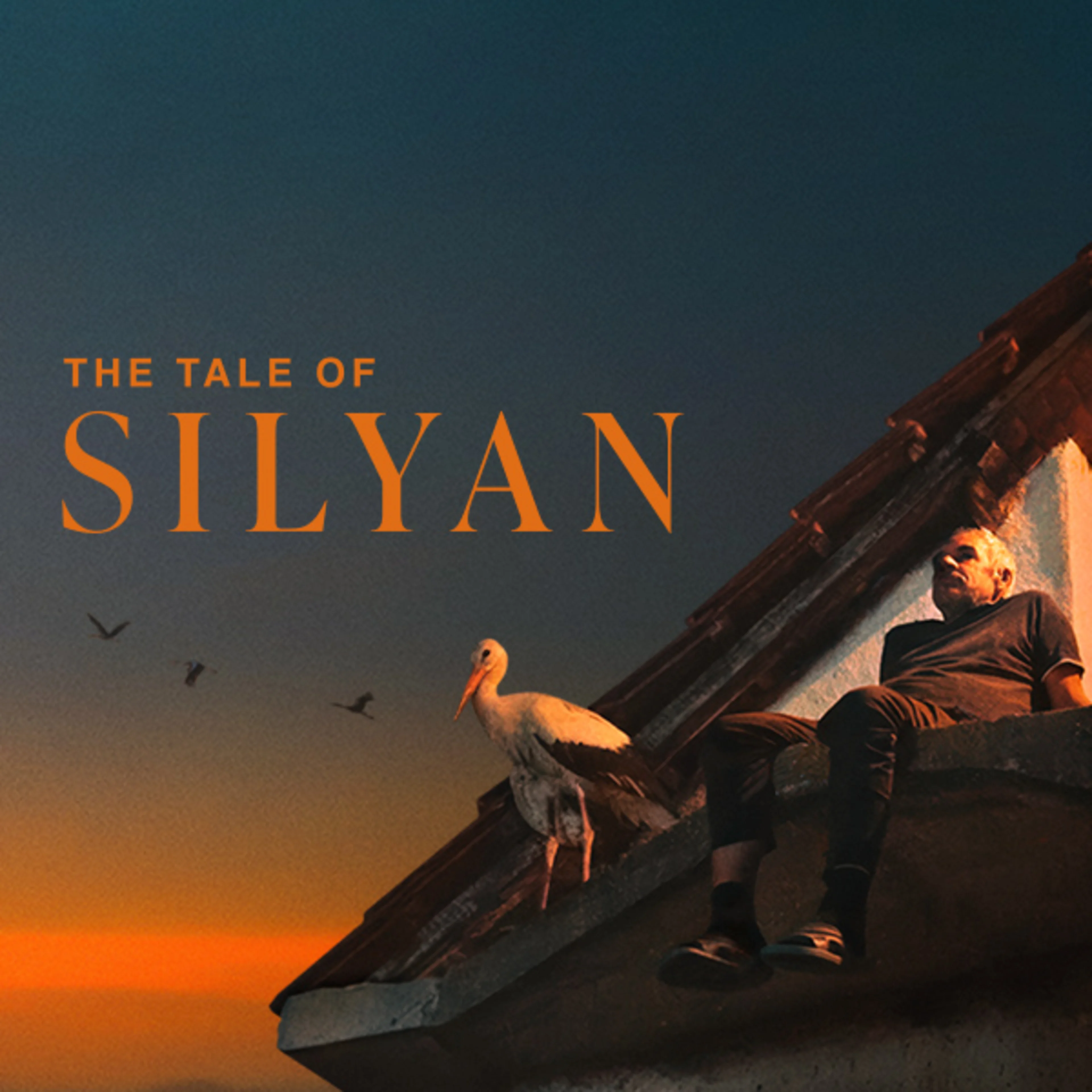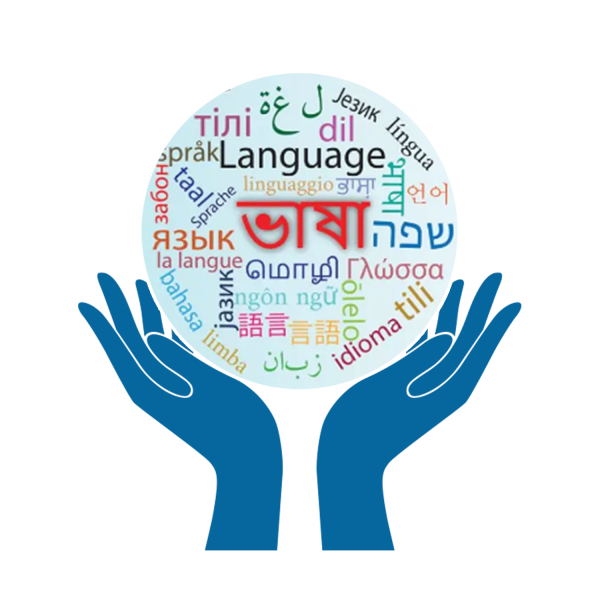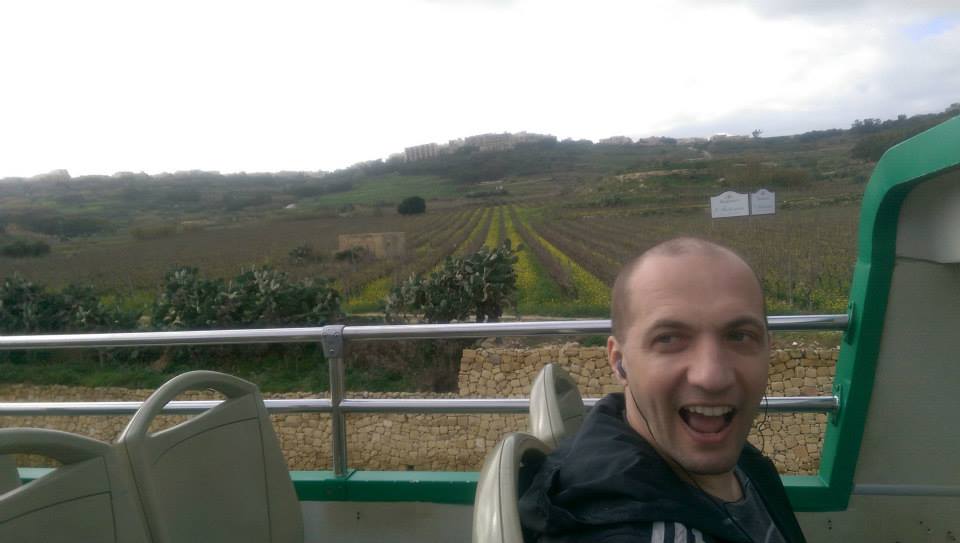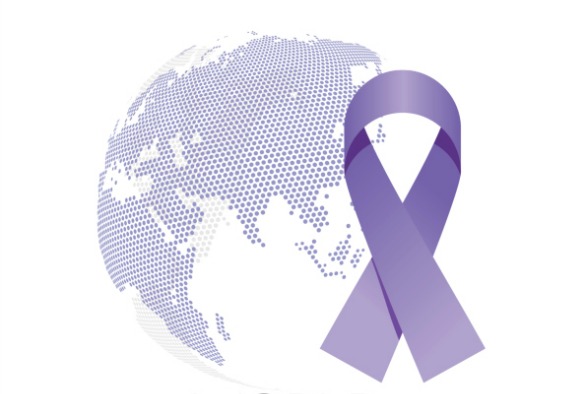What would you do if this happened to you...?
You're a 21-year-old married mother with two babies.
Your husband has gone to fight with the rebels in the hills not far from your government-controlled village.
He's joined the rebel army as he, like many others in the village, are against the government's forced assimilation policies that place heavy punishments, including exile on barren, isolated islands, for speaking in the language the villagers speak.
Actually, you witness the police brutally beating your teenage cousin and seeing him being sent off to prison. His “crime” was speaking in the forbidden language, which the authorities paradoxically claim doesn’t exist.
Anyone found to be linked to the rebels will be arrested and have their house burnt down, so the whole family is on tenterhooks wondering if they’ll be next. Fast forward 60 years and even the way that young people in the village talk so vividly of this punishment would make you think this threat still lingers.
Your children also face being taken away from you for their "protection" and sent to orphanages (“children’s cities”) on the other side of the country, where they'll be taught not to speak in your language, and possibly be adopted to other families.
You later find out that your husband died of wounds sustained from fighting on the front line while being stretchered to the base hospital.
At age 22, you're left a widow with two babies. This being a patriarchal society, being a single mother is simply not an option, so you're reliant on your in-laws' goodwill.
The war ends with the government defeating the rebels. This came after the government air force, with massive support from outside powers, dropping napalm on the surrounding villages, killing most of their inhabitants.
You're now a liability on your family as you're tainted as an "enemy"… and your in-laws don’t let you forget that.
Your options are to risk fleeing across the closed border 25 kms to the north or to appeal for help from your father who you've not seen ever since he went to Australia just before the Great Depression in 1929 when you were only four years old.
Fortunately, your auntie, who's also in Australia, has been begging your father to help you, so he does by obtaining a sponsor letter and wiring the money to get you a ticket on a train and then a boat to come to Australia.
The authorities allow you to leave... actually, they are more than glad that you're leaving, but they inform you that you will have your citizenship revoked and never be allowed entry back into the country of your birth.
You're not allowed to take your two children with you, so you're unsure if or when you'll ever see them again.
Off you go to the scary other side of the world, when the furthest you've ever been before was to the market at the big town 10 kms away from your village.
After a month out at sea, you arrive to an alien country where you don’t speak the language, you have no idea about the local customs or behaviours, and all the locals treat you with disdain and contempt. You’re just a ‘bloody reffo’ after all.
Horrible, isn’t it.
Well, this is what happened to my grandmother, my mother's mother, who was made a refugee from the Greek Civil War in 1949.
In Australia she met another refugee (my grandfather); they married and had two children. They set up a new life together, but the trauma of it all, plus the endemic racism, ensured that their involvement in mainstream Australian society was at a minimum.
She did manage to bring out her two children and her mother in the mid-1950s, though the separation of 8 years for her son was something he could never get over. His relations with his mother were always strained.
My grandmother did have an opportunity to return and visit her home village – in 1987 during a rare amnesty allowing former Greek citizens like herself in for a brief period.
This is just one refugee story out of tens of millions.
Being a refugee is not fun.
No one wants to be a refugee.






















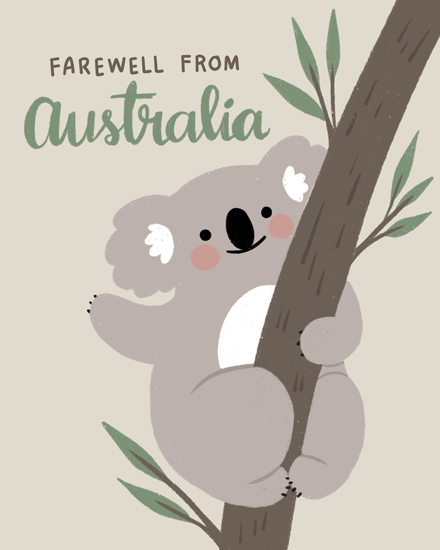


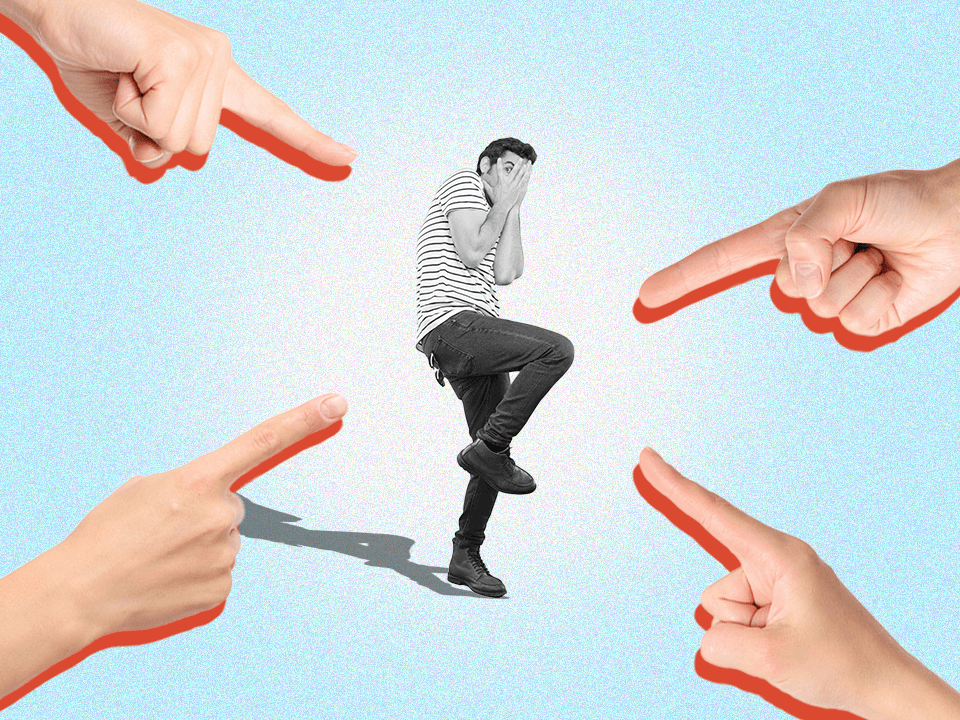




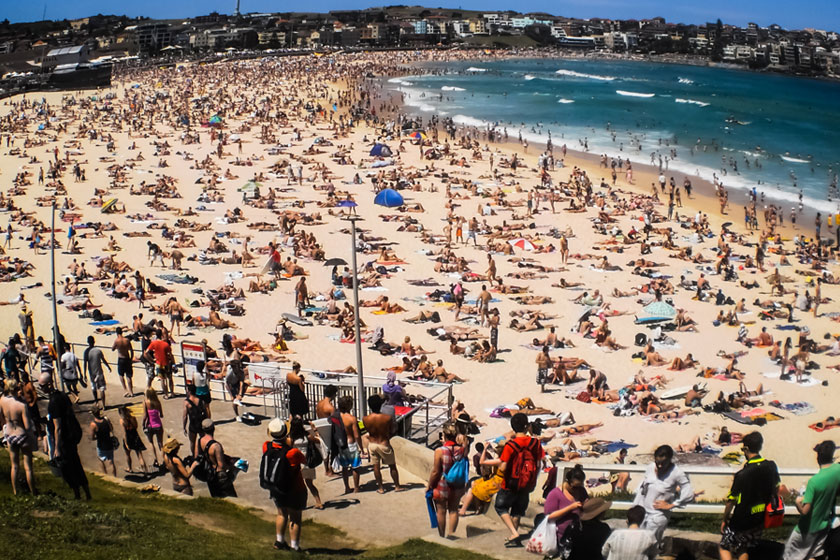
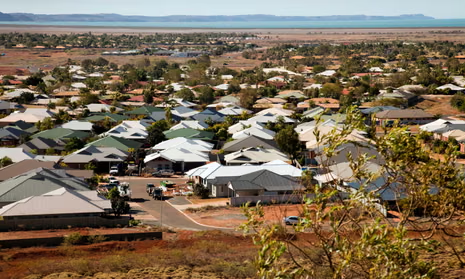

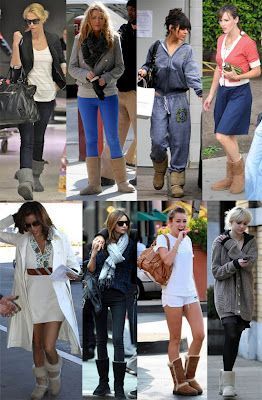

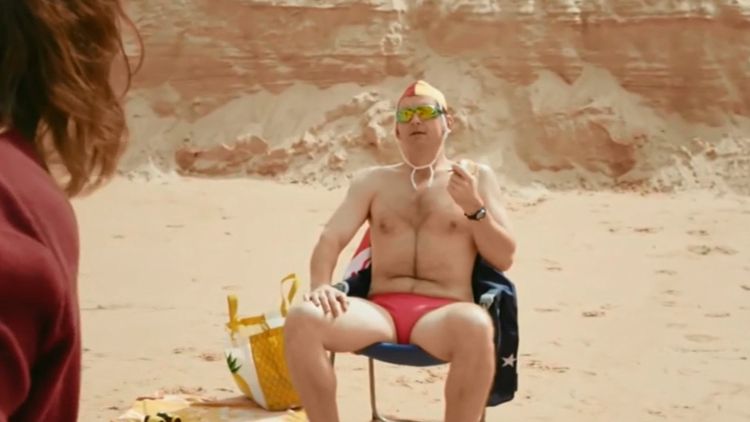


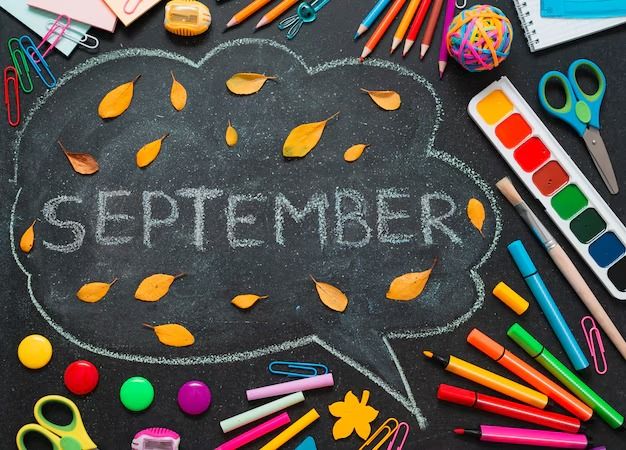

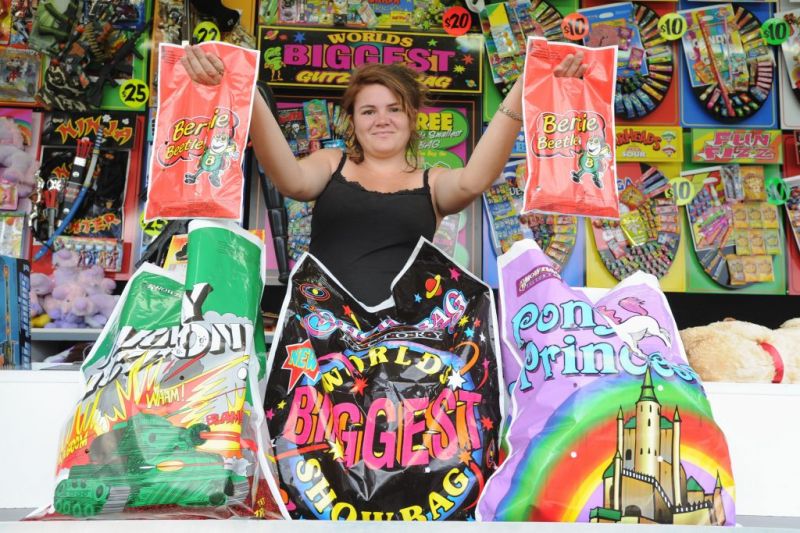
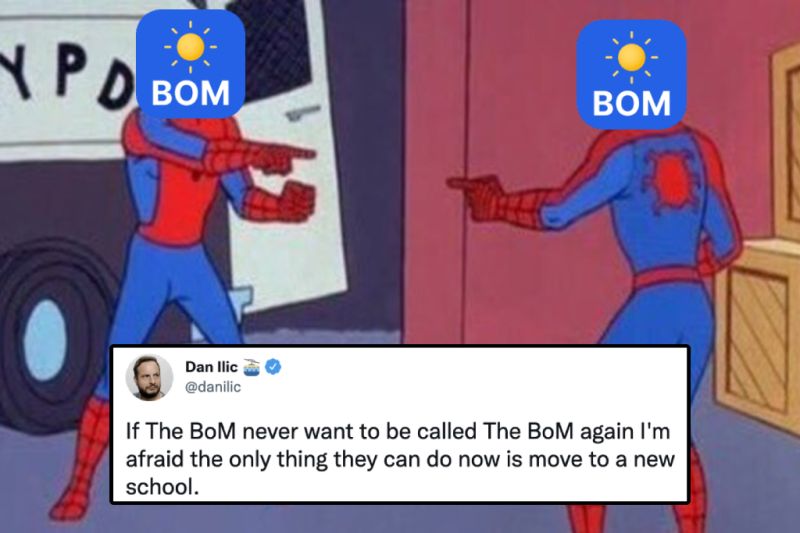
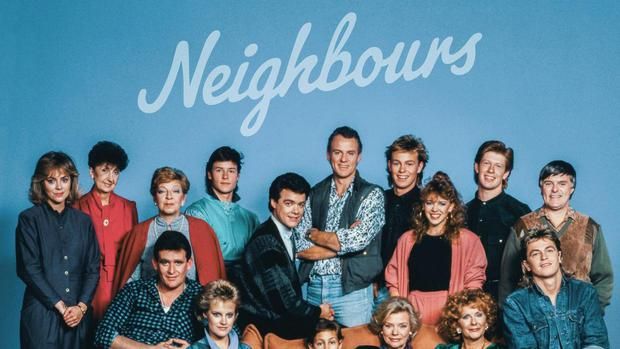




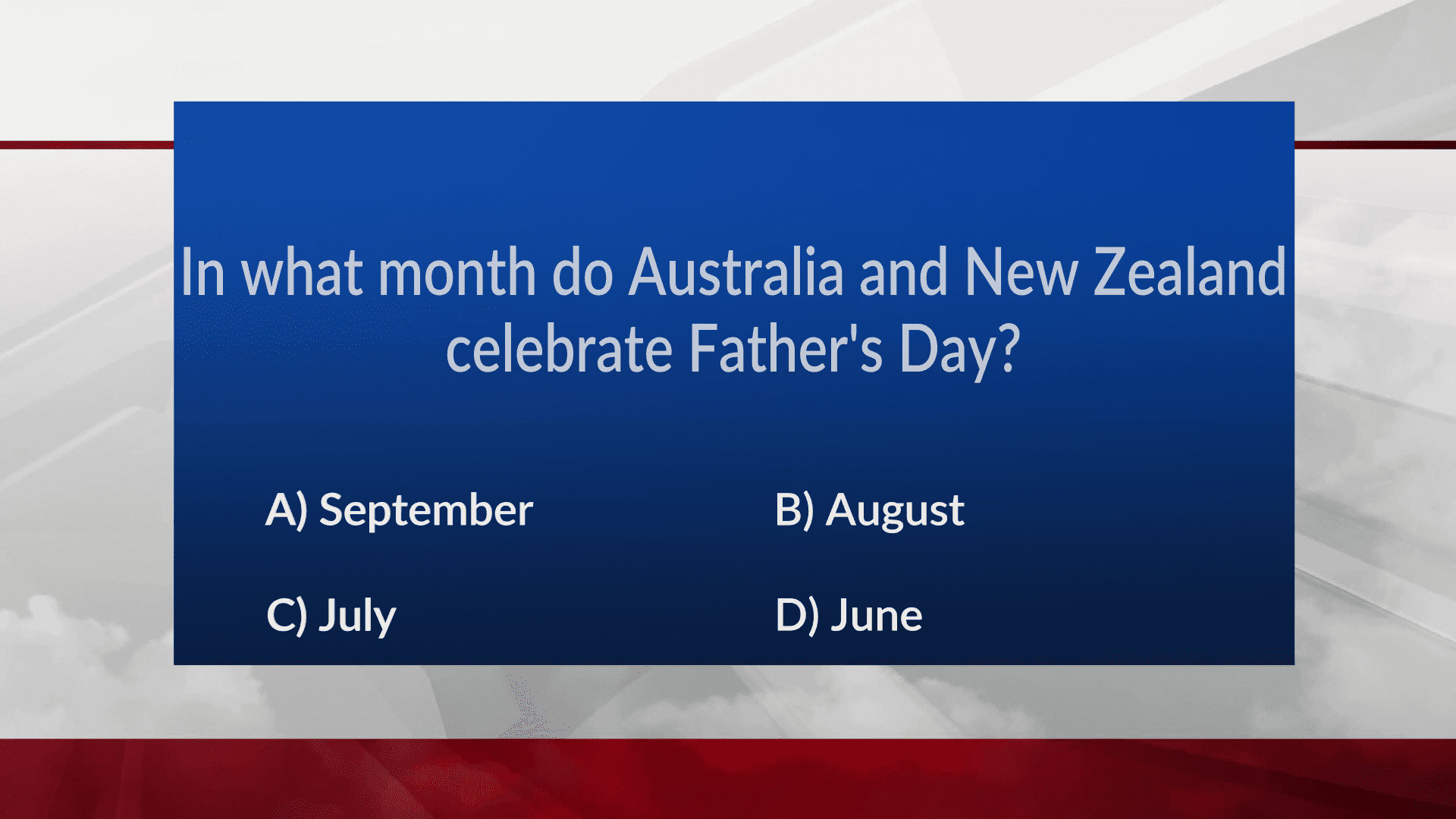














































.%20A%20day%20of%20campaigning%20%E2%99%80%20%E2%80%A6%20or%20a%20day%20to%20buy%20flowers%20%F0%9F%92%90.jpg)
